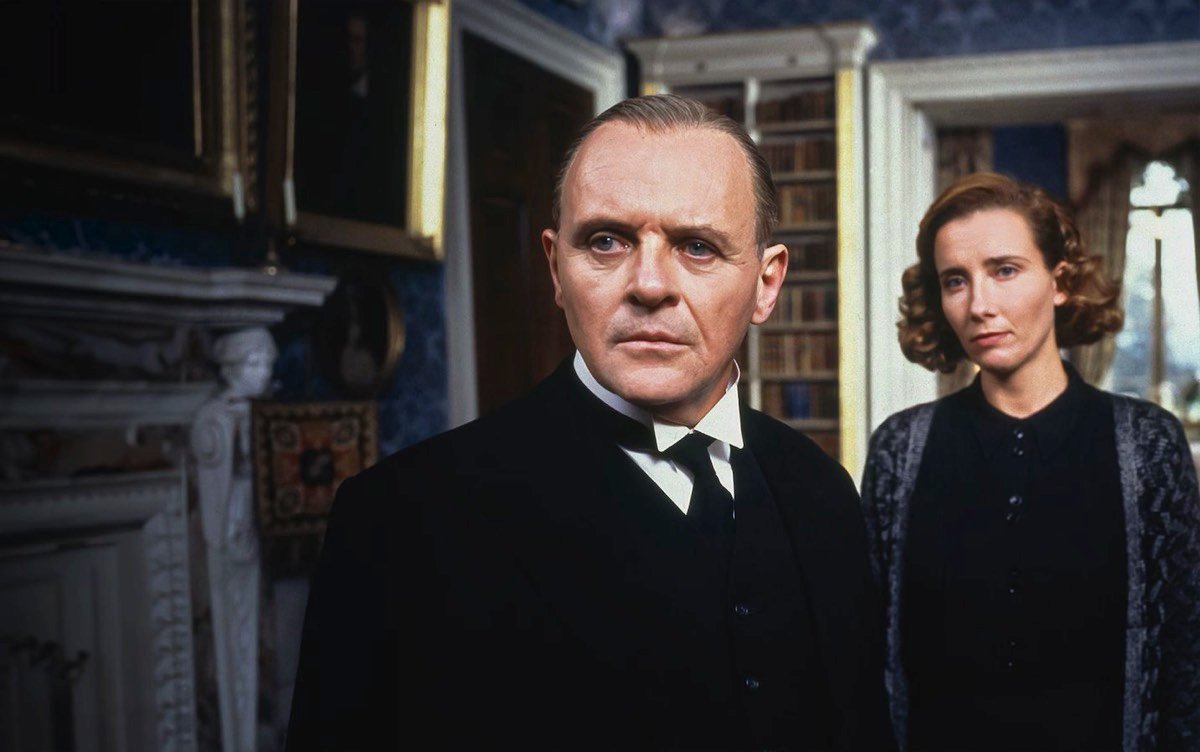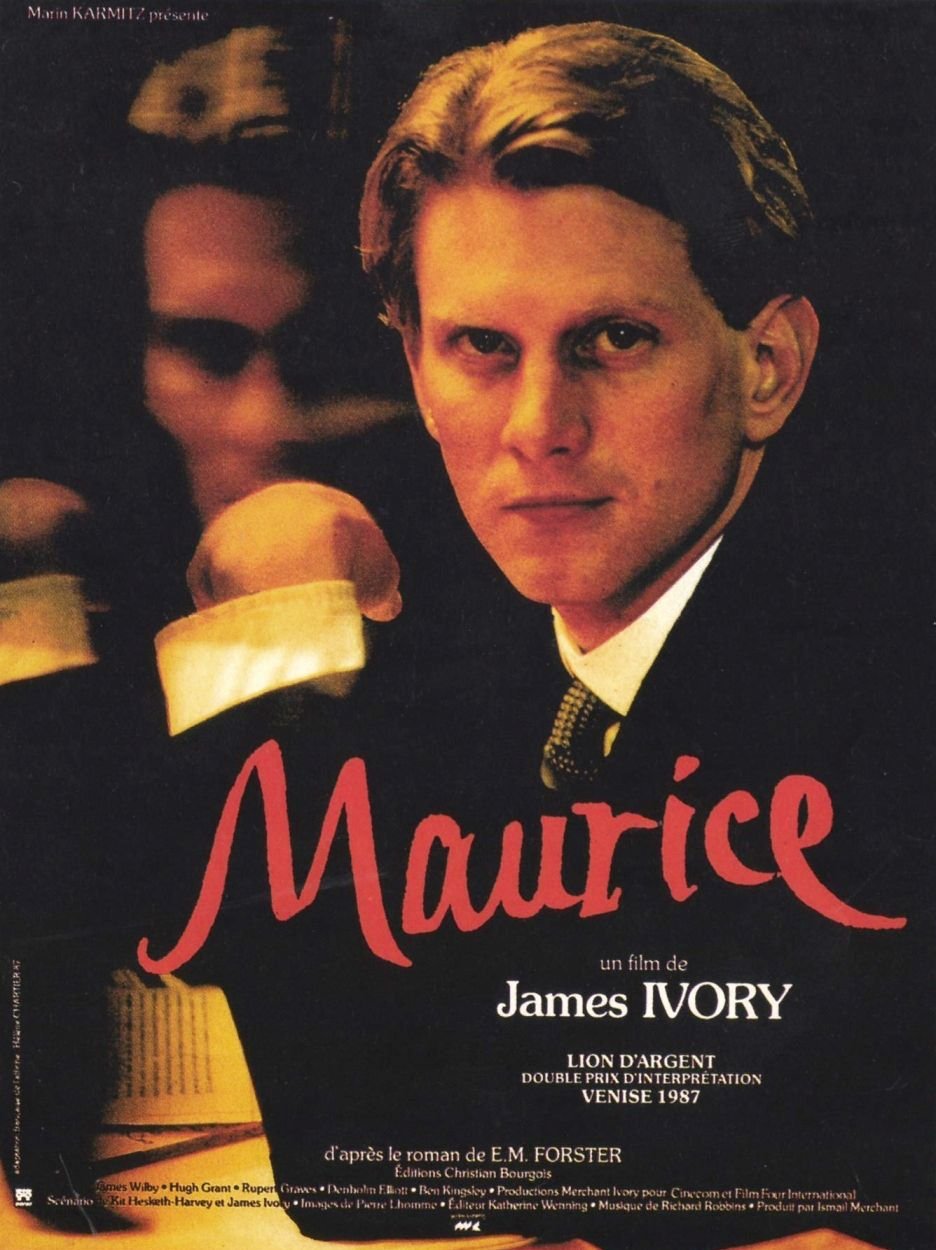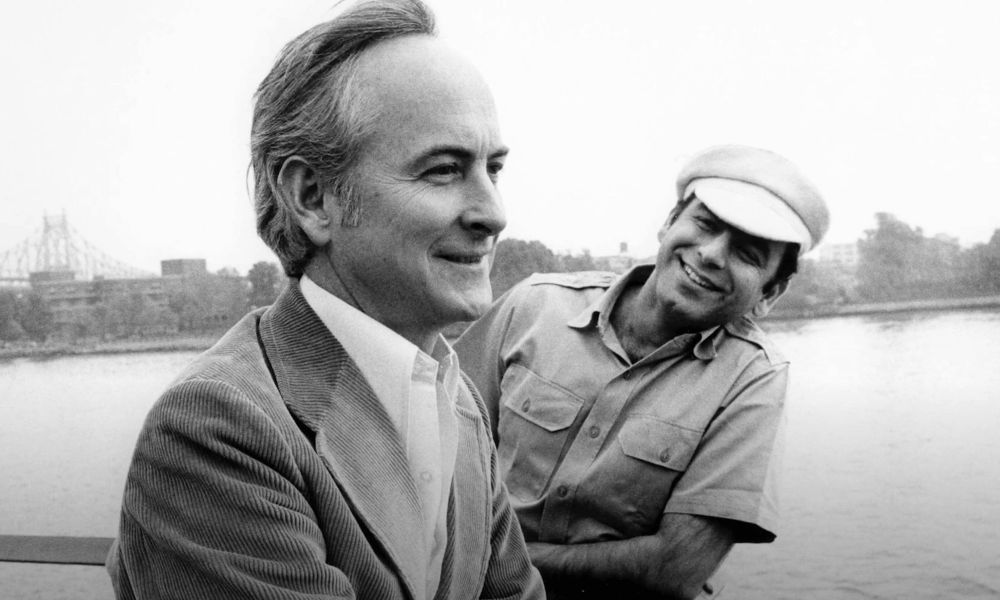"Elegance, taste, care and an eye for the recreation of times past drape almost all of the work of this American-born director who has ranged from India to England and back to America depicting the moods, manners, milieu and morals of enclosed societies whose members are pinned like butterflies and ruthlessly dissected for our inspection." - David Quinlan (Quinlan's Film Directors, 1999)
James Ivory
Director / Screenwriter
(1928- ) Born June 7, Berkeley, California, USA
(1928- ) Born June 7, Berkeley, California, USA
Key Production Countries: USA, UK, India, France
Key Genres: Drama, Romance, Period Drama, Comedy, History, Costume Drama, Comedy Drama, Period Film, Romantic Comedy
Key Collaborators: Ismail Merchant (Producer), Ruth Prawer Jhabvala (Screenwriter), Richard Robbins (Composer), Tony Pierce-Roberts (Cinematographer), Humphrey Dixon (Editor), Walter Lassally (Cinematographer), John David Allen (Editor), Simon Callow (Leading Character Actor), Anthony Hopkins (Leading Actor), Pierre Lhomme (Cinematographer), Andrew Marcus (Editor), Madhur Jaffrey (Leading Character Actress)
Key Genres: Drama, Romance, Period Drama, Comedy, History, Costume Drama, Comedy Drama, Period Film, Romantic Comedy
Key Collaborators: Ismail Merchant (Producer), Ruth Prawer Jhabvala (Screenwriter), Richard Robbins (Composer), Tony Pierce-Roberts (Cinematographer), Humphrey Dixon (Editor), Walter Lassally (Cinematographer), John David Allen (Editor), Simon Callow (Leading Character Actor), Anthony Hopkins (Leading Actor), Pierre Lhomme (Cinematographer), Andrew Marcus (Editor), Madhur Jaffrey (Leading Character Actress)
"Ivory’s independence, his influential involvement with English film, and his sustained collaborative partnership with producer Ismail Merchant invite comparisons with an earlier pairing in British cinema, Michael Powell and Emeric Pressburger. Both teams have found themselves attracted to material dealing with the effects of sexual repression or with the clash of differing cultures, as in, for example, Black Narcissus (Powell/Pressburger, 1947), The Europeans (Ivory/Merchant, 1979), and A Soldier’s Daughter Never Cries (Ivory/Merchant, 1998). While Powell and Pressburger worked with various forms of visual experimentation, employing heightened colors, frequently moving cameras, and cinematographic juxtaposition to achieve an opulent, metaphorical visual texture, Ivory’s work represents a distinct retrenchment, a withdrawal from visual hyperbole, a comparative conservatism of visual style." - James Morrison (updated by Rob Edelman) (International Dictionary of Films and Filmmakers, 2000)
"Beginning in 1961 and lasting more than four decades, the collaboration of director, writer, and Berkeley native James Ivory and Bombay-born producer Ismail Merchant proved to be one of the most enduring and successful in film history. Costume dramas and literary adaptations have become synonymous with the Merchant Ivory brand, but long before A Room with a View and Howard’s End the indefatigable duo—along with screenwriter Ruth Prawer Jhabvala, a frequent collaborator—were already crafting sophisticated cinema exploring complicated relationships and highlighting tensions and divisions across the lines of culture, nationality, and class." - Kate MacKay (BAMPFA, 2019)

Remains of the Day (1993)
"I suspect that Ivory would be gratified to hear that one finds little guile or direction in his films—not much directorial assertion. For wouldn’t that mean that the literary originals have come through clearly, like the view through one of the burnished windows at Darlington Hall? Far more vital to the films is the shapeliness of the screenplays, the pavilionlike distinction of the casts, and the banquet, the very feast, that might be called decor—allowing that England’s intimate countryside and a well-laid table are just kinds of art direction filling the screen." - David Thomson (The New Biographical Dictionary of Film, 2010)
"Literate. Intelligent. Civilized. Those are rare qualities in the movie world, but producer Ismail Merchant and director James Ivory, along with writer Ruth Prawer Jhabvala, have built a thriving career on them. Their work favors character over plot, thought over action, and cosmopolitanism over provincialism—and incisiveness over everything." - David Sterritt (Walker Art Center (1990)
"James Ivory is the undisputed master of contemporary heritage cinema. Despite his all-American origins and his early interest in India and the cultural clash between the East and British culture, Ivory is best known for his literary adaptations of the 1980s and 1990s, which are now regarded as the canonical examples of British costume drama… Although one is led to wonder if Ivory's films would have been the same without long-lasting partners producer Ismail Merchant and screenwriter Ruth Prawer Jhabvala, there is no doubt about the coherence of his oeuvre." - Barbara Pederzini (Contemporary British and Irish Film Directors: A Wallflower Critical Guide, 2001)
"[Referring to Ismail Merchant] We gave each other strength and we made our kinds of films, despite all the misgivings of people. But we had a goal and we stuck to that goal. It could have been politics. Maybe that will happen one day, you’ll have two gay men ruling some countries!" - James Ivory (The Guardian, 2021)
Selected Filmography
{{row.titlelong}}
GF Greatest Films ranking (★ Top 1000 ● Top 2500)
21C 21st Century ranking (☆ Top 1000)
T TSPDT R Jonathan Rosenbaum
21C 21st Century ranking (☆ Top 1000)
T TSPDT R Jonathan Rosenbaum
"Fan Club"
These film critics/filmmakers have, on multiple occasions, selected this director’s work within film ballots/lists that they have submitted.
These film critics/filmmakers have, on multiple occasions, selected this director’s work within film ballots/lists that they have submitted.


